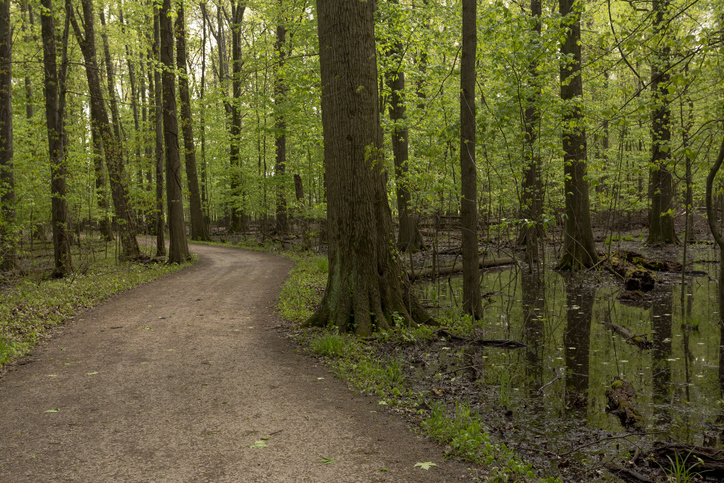Lawmakers: Coastal Resources Management Council Needs to be a State Priority
January 19, 2022
It’s encouraging to see the candidates for governor paying attention to the work of the Coastal Resources Management Council study commission and voicing concern about CRMC. The future of the agency should be an issue discussed in the 2022 gubernatorial race.
In June, the House of Representatives passed legislation creating a CRMC study commission, which has since been working to identify possible ways to improve Rhode Island’s lead agency for reviewing coastal property proposals. We’ve had some eye-opening, informative hearings that are highlighting the talent and experience of CRMC staff, whose professional recommendations are sometimes ignored by the council. The latter is a politically appointed board selected by the governor. Its members are not required to have any experience in coastal matters as they make permitting decisions, and currently the council serves without any term limits. You can view the recent study commission hearing on the General Assembly website.
We will look at several recommendations to reorganize CRMC, including a possible nominating committee for council members, much like the Judicial Nominating Committee for judges. The names of qualified, experienced candidates would be vetted and submitted to the governor — as opposed to political appointments — and she or he can choose from that list to fill the CRMC board. This would also create a “bench” of qualified candidates should there be a vacancy. We are also considering limiting service to a three-year term with no more than three terms for a total of nine years.
The study commission has also learned that CRMC is woefully understaffed and underfunded. It has only three enforcement officers. Yet this agency is tasked with establishing and maintaining rights of ways for Rhode Island’s 420 miles of coastline, oversight of dredging projects and marinas, and permits for aquaculture and offshore wind projects. CRMC does not have a full-time attorney or a hearing officer. It operates on a budget of $5 million — $2.5 million in federal dollars and only $2.5 million in state dollars.
Seventy percent of Rhode Island’s coastline is deemed conservation (Type 1 waters) and residential areas (Type 2 waters) where docks are acceptable, but marinas and dredging are prohibited. Of the state’s 39 cities and towns, 21 are coastal communities.
CRMC needs to be a state priority. The work of the agency has changed dramatically during the past decade and certainly since it was first organized under federal law in 1975.
The House is committed to reorganize and modernize CRMC, and with the support of our Senate colleagues, the state must prepare for the future as we navigate sea-level rise, climate change, the growing aquaculture business and waterfront development. Let’s honor our Ocean State.
Rep. Deborah Ruggiero (D-District 74, Jamestown, Middletown) is the chairwoman of the special House commission to study the Coastal Resources Management Council. Rep. Lauren H. Carson (D-District 75, Newport) is a member of the study commission.




good column with real info and ideas.
I’ve always had the impression CRMC, though having fine staff, was really set up to protect the interests of the well to do shoreline property owners.
It’s important to CLEAN HOUSE – bring in new people who want to be stewards of our coastal resources. Questionable variances and exceptions to CRMC regulations have been made by people who are STILL on the CRMC staff at every level. Protecting the environment should be based on science. It’s time to purge RI’s reputation for sleazy back room politics and cozy personal relationships.
Protect our coastline – her beaches, marshes and upland wetlands. This is the legacy our legislators have the power to preserve for out-of-state visitors and generations of Rhode Islanders to come. We are the Ocean State.